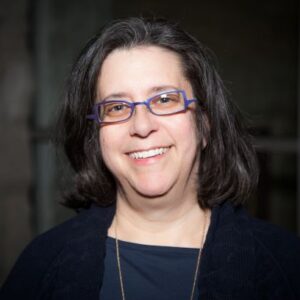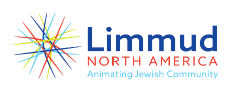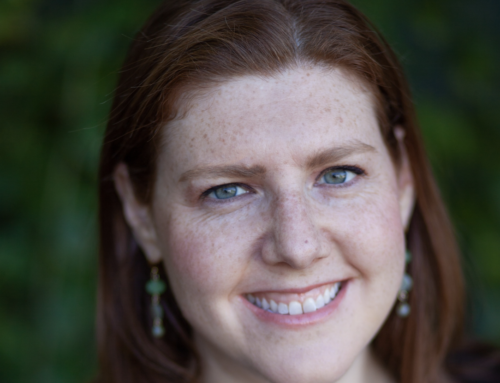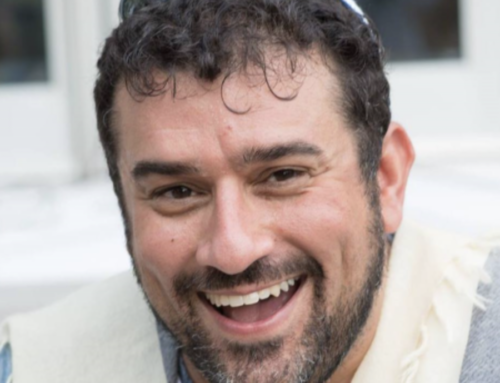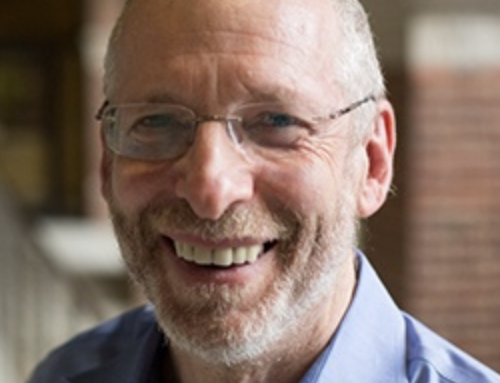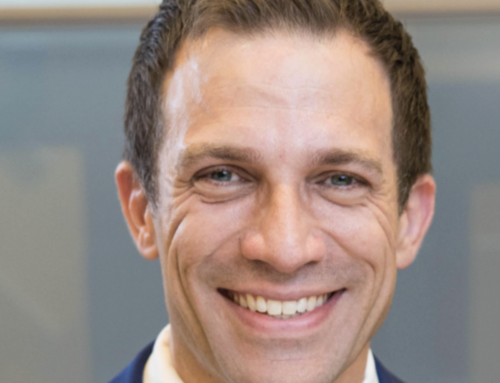I studied the volume of Mishnah called Pe’ah some time ago and immediately saw the value of our Talmudic texts in understanding modern ethical responsibilities.
The pe’ah is the corner of the field that you have to leave for the poor. You might ask what that has to do with modern, urban, Jewish society. Not many of us are farmers. But it has a lot to do with us. While some of the mishnayot seem a little pedantic and irrelevant to modern commerce, it is the very fact that the sages discussed in such detail both the obligations of those who had enough to give, and the standards for those who are eligible to take, that is so relevant.
While the Torah is clear about giving tributes to the Temple and leaving corners of the field for the poor, the sages discussion is next level. They discuss standards or “best practices” for determining how much is enough… how much is enough to leave, how much is enough to give out to the poor, how much you are allowed to take, and so on.
There are different kinds of giving. Setting aside a corner of the field of grain is one thing, but there is also setting aside produce from the trees and the vines, fulfilling your obligations to the community chest and tributes to the Temple which sustains the infrastructure and many more.
And when you are leaving produce for the poor, should you pick for them and then give the product? There are discussions that touch on diverse complications ranging from how to behave if there’s an argument to how much is enough to give someone from the charity plates to maintain their dignity. Our rabbis paid attention to the details.
So now I look around sometimes at my life to see what I’ve done with corners of my fields. I try to remember that the guy on the street corner with his hand out doesn’t choose that job. So I keep some coins nearby for him.
How do I maintain the dignity of my friend when I offer to have her take home food to share with her sister for the next day? I share my love for cooking with her and she shares her love of art with me. It’s a trade, not a gift.
With so many charities looking for gifts, how do I fulfill my responsibilities to the community? Tzedakah isn’t charity and it isn’t a gift, it’s a responsibility to pursue justice. Who will be my partners in educating the community, and creating a community of learners and growth in their Jewish identity?
I share the corners of my fields with my synagogue, Israeli tzedakah funds, and of course, Limmud. It helps fulfill my responsibility to set aside resources to build inclusive community, a global community of learning that is the essence of Limmud.
What do you do with the corners of your fields?
